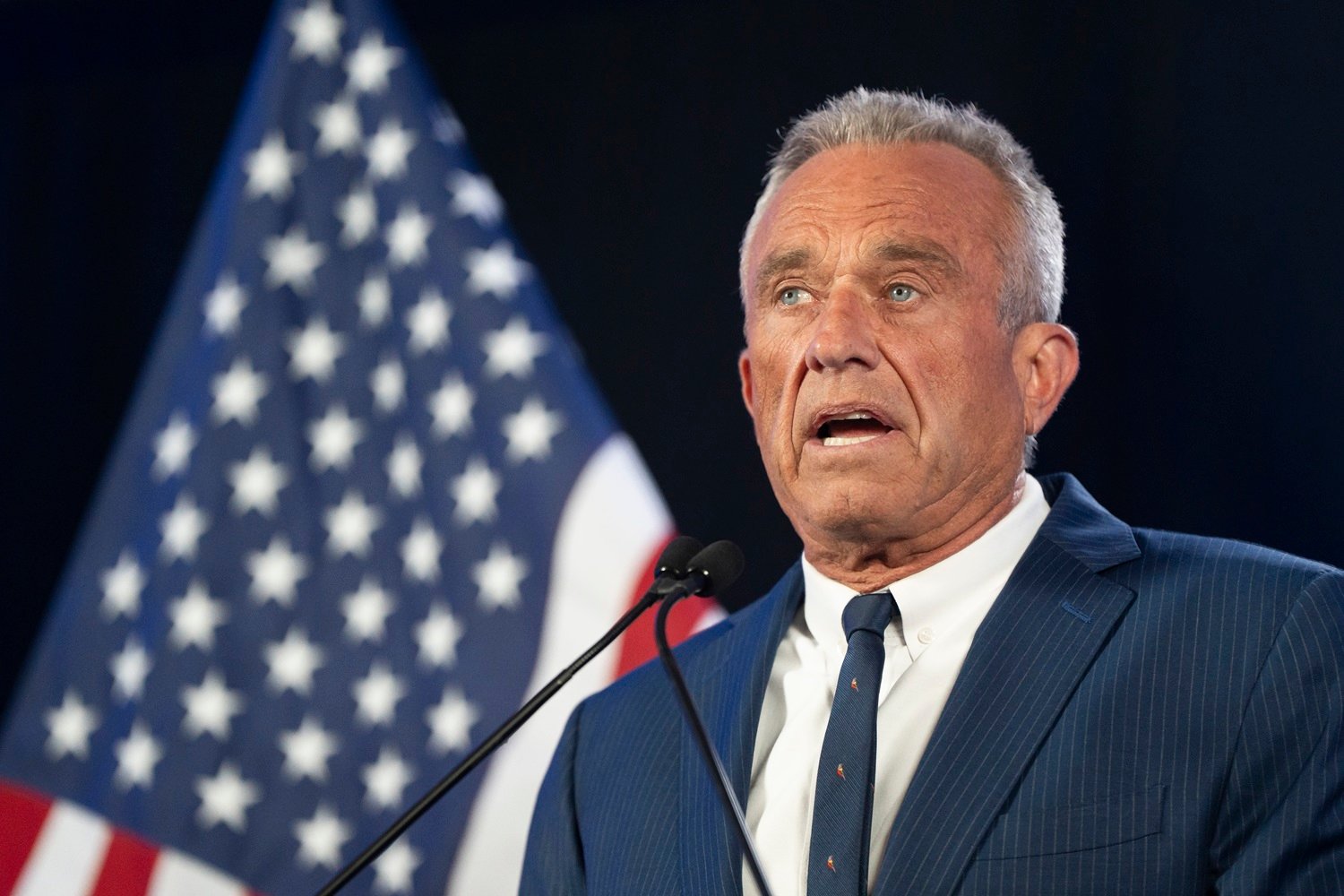Robert F. Kennedy Jr.’s inaugural address to the Department of Health and Human Services (HHS) employees on Tuesday highlighted his intention to prioritize chronic disease, but his closing remarks on spirituality have raised eyebrows and sparked debate about his approach to public health. Kennedy emphasized the importance of spirituality for overall wellness, linking it to the pervasive “spiritual malaise” affecting young people. This emphasis on spirituality, coupled with his known skepticism towards established scientific practices, has many concerned about the future direction of the HHS under his leadership.
Spirituality and Physical Health: Kennedy’s Perspective
In his livestreamed address, Kennedy drew a connection between physical health and spiritual well-being. He argued that addressing the chronic disease epidemic requires acknowledging the link between physical ailments and the widespread feelings of alienation, disconnection, and hopelessness among young people. He asserted that spiritual and physical malaise are intertwined, feeding off each other, and that achieving overall wellness requires addressing fundamental spiritual questions about our relationships with ourselves, our communities, and the planet. Kennedy also warned against “malignant political actors” who thrive on societal fragmentation, fostering fear and anxiety to suppress critical thinking.
Concerns about Kennedy’s Approach
While the importance of mental and emotional well-being is widely recognized, Kennedy’s focus on spirituality as a key component of public health has raised concerns, particularly given his history of questioning established scientific consensus. His past statements rejecting the efficacy of vaccines and attributing autism to them have been widely criticized by medical professionals and scientists. His suggestion that previous scientific studies have been manipulated for political purposes further fuels these concerns.
The Role of Spirituality in Addiction Treatment
Kennedy’s emphasis on spirituality isn’t new. In a previous appearance on Fox News, he advocated for a “spiritual realignment” as a central element in addressing addiction. This perspective, combined with his skepticism towards scientific methods, raises serious questions about his plans for the HHS. Many fear that he may prioritize faith-based approaches over evidence-based treatments for addiction, potentially jeopardizing the health and well-being of those struggling with substance abuse.
Potential Implications for Public Health
Kennedy’s leadership at the HHS raises significant concerns about the future of public health initiatives. His skepticism towards vaccines and his focus on spirituality could lead to policy changes that undermine established public health programs and prioritize unproven or ineffective treatments. While individual beliefs about the role of faith are personal, Kennedy’s position as a public health official requires him to prioritize evidence-based approaches and protect the health of the entire population.
Looking Ahead
The emphasis on spirituality in Kennedy’s HHS address has sparked debate and raised questions about the direction he intends to take the agency. His past statements and actions suggest a potential shift away from established scientific principles, which could have significant consequences for public health. The coming months will be critical in determining how Kennedy’s vision for the HHS unfolds and what impact it will have on the health and well-being of Americans.











